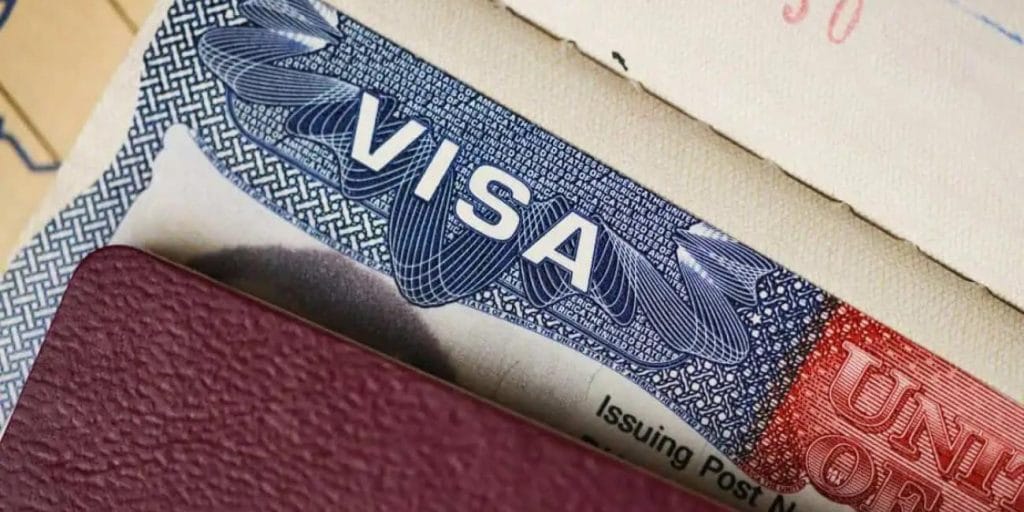The Nigerian government has expressed concern over the US’s plan to impose visa restrictions on several countries, including Nigeria and other West African countries. Foreign Minister Yusuf Maitama Tuggar, at a regional meeting in Abuja, described the proposed move as “unfortunate”, stressing that such restrictions could hinder economic cooperation.
Speaking at the 54th Regular Session of the ECOWAS Mediation and Security Council, Tuggar highlighted West Africa’s economic potential and readiness for international trade and investment. “We are a region of opportunity,” he said, warning that visa restrictions act as non-tariff barriers that could hinder critical partnerships.
The concerns follow a June 14 report by The Washington Post that the US is considering adding 36 countries, 25 of which are from Africa, to its travel ban list. The countries named include Nigeria, Ghana, Ethiopia, Cameroon, Ivory Coast and Zambia. The report said these countries have 60 days to comply with new US immigration requirements or face restrictions.
Tuggar highlighted the strategic importance of West Africa, particularly its resources such as critical minerals such as samarium in Bauchi state and rare earth elements. He called on the US to consider the long-term value of engaging openly with the region, saying, “The only question is with whom? Who will seize the opportunities in our region?”
He also highlighted the broader challenges facing ECOWAS, such as maritime insecurity, terrorism, organised crime and humanitarian crises such as food insecurity and forced displacement. Tuggar stressed the need for a unified and coordinated regional response to these challenges.
Meanwhile, ECOWAS Commission President Omar Alieu Touray highlighted ongoing efforts to strengthen regional unity, particularly in light of threats to withdraw from Burkina Faso, Niger and Mali. He said direct talks were ongoing to maintain community ties and deepen security and development cooperation.
Touray also touched on the region’s vulnerability to terrorism, noting that even coastal states were not immune without a common regional framework for intelligence sharing and counterterrorism efforts. He called for stronger communication strategies to combat misinformation, which he said was exacerbating political and security challenges in the region.



